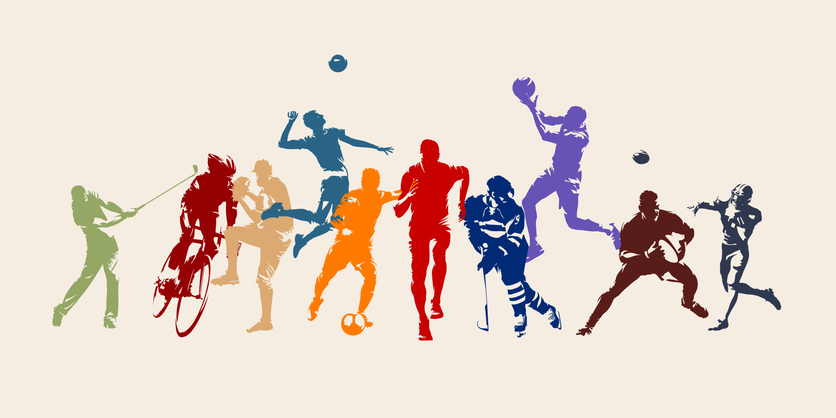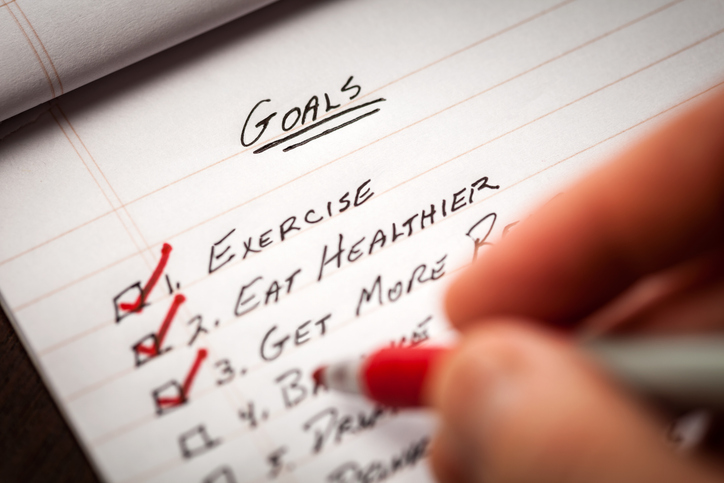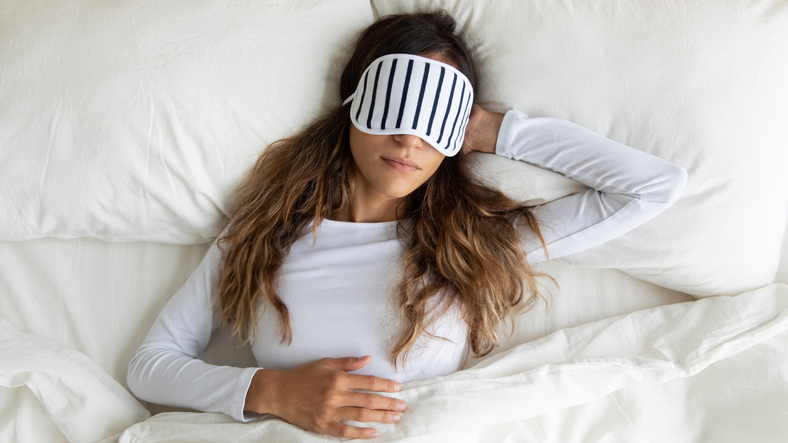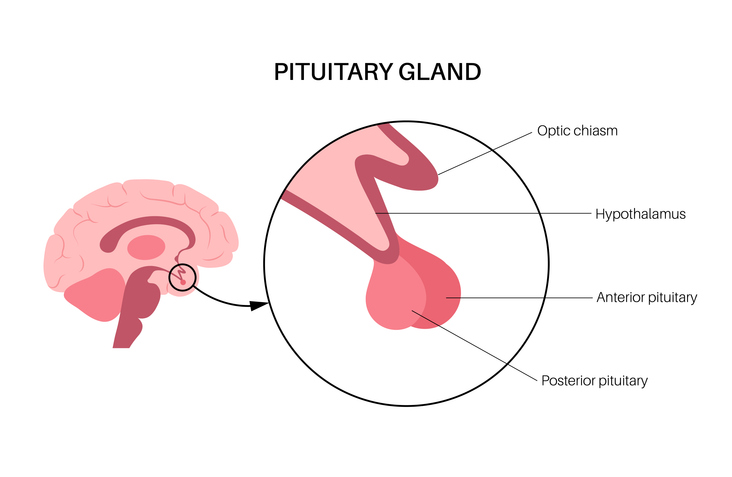Good Sleep Can Be a Game Changer, Literally!

By Joy Stephenson-Laws, JD, Founder
It’s hard to believe that we are already in month four of 2024. I’m not sure how everyone is doing with their New Year’s resolutions, but I said at the top of the year that we all should be trying to get more sleep this year. Research has shown that less than one third of American adults are getting restorative sleep every night. A lack of quality sleep has been linked to an increased risk of developing heart disease, dementia, kidney disease, diabetes, stroke, obesity and depression.
(Is It Time for a Sleep Divorce?)
If you want to improve your health, you probably need to be sleeping more.Quality and sufficient sleep should really be considered a vital foundation for all goal setting.

“Sleep is vital not only for keeping the mind sharp and body healthy but also for excelling in all fields in life—whether in the classroom, on the battlefield or in other professional arenas,” according to an article written by Dr. Joanna Fong-Isariyawongse, who specializes in neurology and sleep medicine, published by Medical Xpress.
This particular article, which discusses how athletes may be able to have a competitive advantage over their opponents if they sleep more, really puts into perspective just how critical getting enough quality sleep is (even if we are not professional athletes). Many of us workout and have fitness goals, but a lack of sleep may be hindering us from reaching those goals.

LeBron James, one of the best athletes ever, said he aims to get at least eight hours of sleep in order to perform his best. According to an article from CNBC, James shared, “that’s the best way for your body to physically and emotionally be able to recover and get back to 100 percent as possible.”
(LeBron James May Heat Up the Courts, But When He Recovers He Chills Out. Seriously!)
Let’s discuss some of the specifics on how sleep can give us a competitive edge physically. Remember, you are your biggest competitor. At the end of this year, we all want to be able to say that we are better than the year before.
Sleep releases human growth hormone.
Human growth hormone (HGH), also called growth (GH) is a protein made by the pituitary gland (located at the base of the brain).

When we are kids, growth hormone helps us grow taller and build our bones and muscles. As adults, growth hormone helps maintain the body’s structure and metabolism. It even helps us keep healthy blood glucose levels.
You may have heard of athletes being banned for injecting growth hormone to boost their athletic performance. Perhaps these athletes needed more sleep.
“Sleep is when our bodies heal. Deep sleep helps repair muscles and bones through several key mechanisms, including the release of human growth hormone…,” according to the Medical Xpress report.
“Human growth hormone is a key player in muscle development, tissue repair and metabolism, and is vital for maintaining physical health. It significantly enhances the body's capacity for self-repair, be it following an intense sports event or recovering from a sports-related injury.”
If you are sore from a particularly grueling workout, sleep is a must!
Sleep - a "dishwasher" for the brain.
In my opinion, sports are both mentally taxing and physically taxing. Strategy and quick decision-making are always necessary. NBA player Derrick Rose shared that he likes to take a three-hour nap before every night game, according to an article by the HuffPost.
"It allows my brain to function at a very high degree so I can comprehend all the new things that are thrown at me,” Rose said.
He definitely seems to be on to something.
“In addition, sleep helps your brain to recalibrate through the waste-clearing glymphatic system, which is part of the central nervous system. Think of it as a dishwasher in your brain, flushing out waste products, including neurotoxic proteins such as amyloid-beta, abnormal tangles of a protein called tau and alpha-synuclein proteins,” according to the Medical Xpress article.
This is why a lack of sufficient quality sleep has been linked to the development of Alzheimer’s disease.
(Alzheimer’s Needs to Be Put to Bed, Literally)
Sleep may also help prevent injuries. Think about it. People are more likely to get into a car accident if they are sleep deprived. Think of sports in the same manner.
“Research shows that collegiate athletes who sleep less than seven hours per night are nearly twice as likely to get injured when compared with those who sleep more than eight hours,” (Medical Xpress).
Adequate and good sleep may also reduce the risk of concussions.
(Information You Need To Get ‘A-Head’ of Brain Injuries Like Concussions)
Aiming to get seven to nine hours of sleep every night is key. I know this is sometimes easier said than done, but let’s be proactive by practicing better sleep hygiene and making small improvements that can turn into greater change over time. For example, if you are someone who averages five to six hours of sleep per night, aim for maybe 6.5 hours per night until you can get to seven to nine. Address any existing health issues, such as obesity, that might be impacting you getting a good night’s rest.
Nutrition is key for good sleep.
I highly recommend checking out this pH blog - Is Poor Nutrition Keeping You Up at Night? What You Need to Know About Diet and Sleep. Might I also suggest reading How to Sleep Your Way to Good Health. This blog dives into the specifics of what it means to practice good sleep hygiene and also recommends healthy, nutrient-dense foods that are known to promote good sleep.
Finally, I also suggest getting a nutritional test. Nutrient testing will generally identify whether you have the right balance of nutrients in your system to help you sleep and live a balanced and healthy life.
For more blogs on sleep (you can tell I really like this topic!), click here.
Enjoy your healthy life!
Disclaimer: This article is not intended to provide medical advice. Please consult with your doctor or another competent healthcare practitioner to get specific medical advice for your situation.
The pH professional health care team includes recognized experts from a variety of health care and related disciplines, including physicians, attorneys, nutritionists, nurses, and certified fitness instructors. This team also includes the members of the pH Medical Advisory Board, which constantly monitors all pH programs, products, and services. To learn more about the pH Medical Advisory Board, click here.







